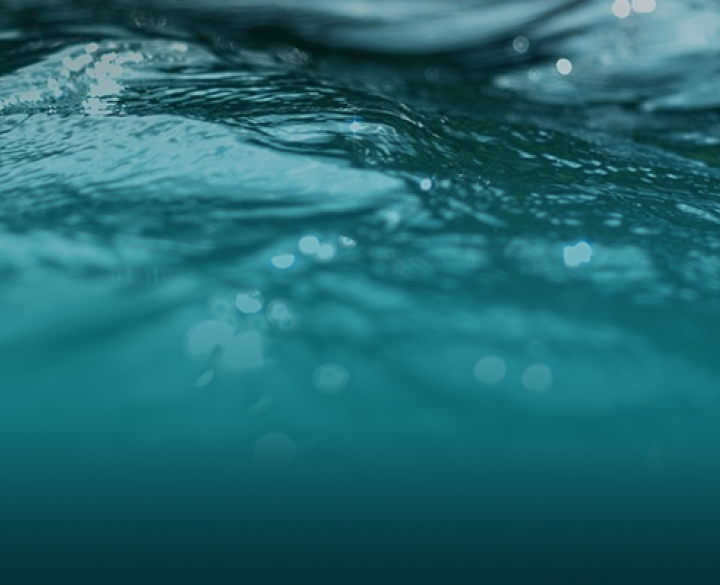EPO published a new study entitled ‘Innovation in water-related technologies’ on Thursday, 18 July 2024.
In cooperation with numerous national patent offices from across Europe, the EPO has also developed a new technology platform for water innovation.
This free platform makes it easier for scientists, governments and companies to navigate through the EPO's online patent database (with more than 150 million documents) to find information on the latest developments in the water sector. In addition, the EPO has updated its free Deep Tech Finder tool to help investors and potential partners connect with over 100 start-ups that have filed European patent applications for technology-related inventions across Europe.
Water scarcity and management have become crucial issues in Europe, partly due to the acceleration of climate change. According to the European Environment Agency, 12% of Europe's population lives in areas at risk of flooding and around 30% of people in southern Europe face permanent water scarcity. As is well known, technological innovation can play an important role in addressing such challenges.
Here are some of the study's main conclusions:
- Europe leads global innovation in water-related technologies, with 40% of all international patent families, and has a strong specialisation in this technological field. The leading European countries are Germany, France, Britain, as well as the Netherlands, Italy, Switzerland, Sweden, Spain, Austria and Finland.
- The number of new IPFs (International patent families) published each year has increased from around 300 in the early 1990s to more than 1,200 in the 2020s, due to changing regulations and climate challenges. But innovation in water-related technologies will undoubtedly continue to grow in the coming decades.
- The contributions of universities and public research organisations to water-related technologies have increased significantly, from less than 5% of all IPFs in the 1990s, to 14% in the 2017-2021 period, which has the most substantial academic contributions, in the field of drinking water recovery






